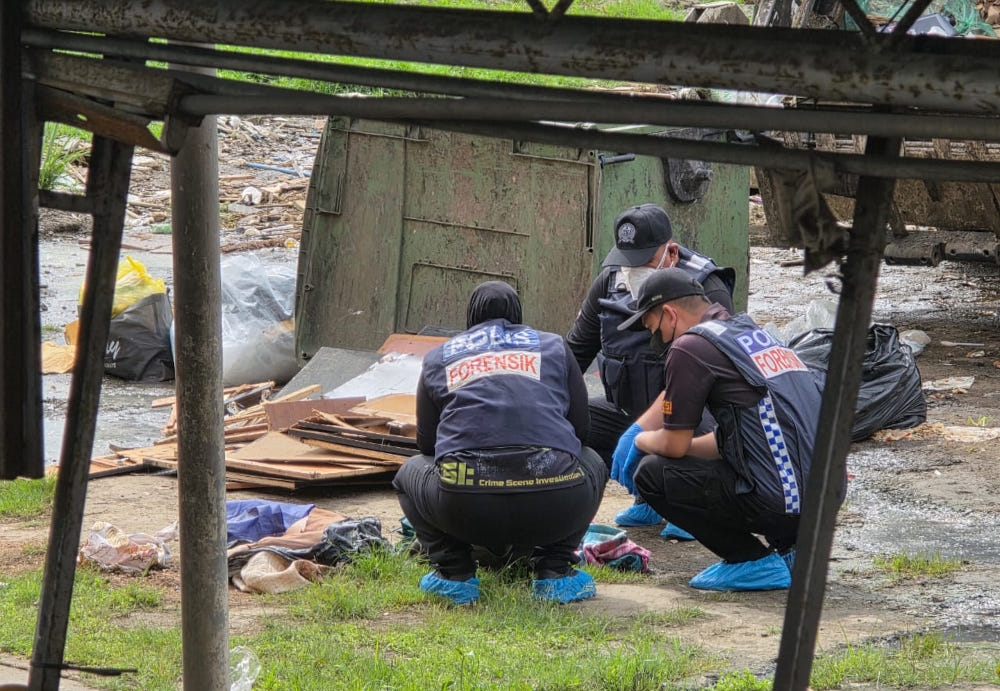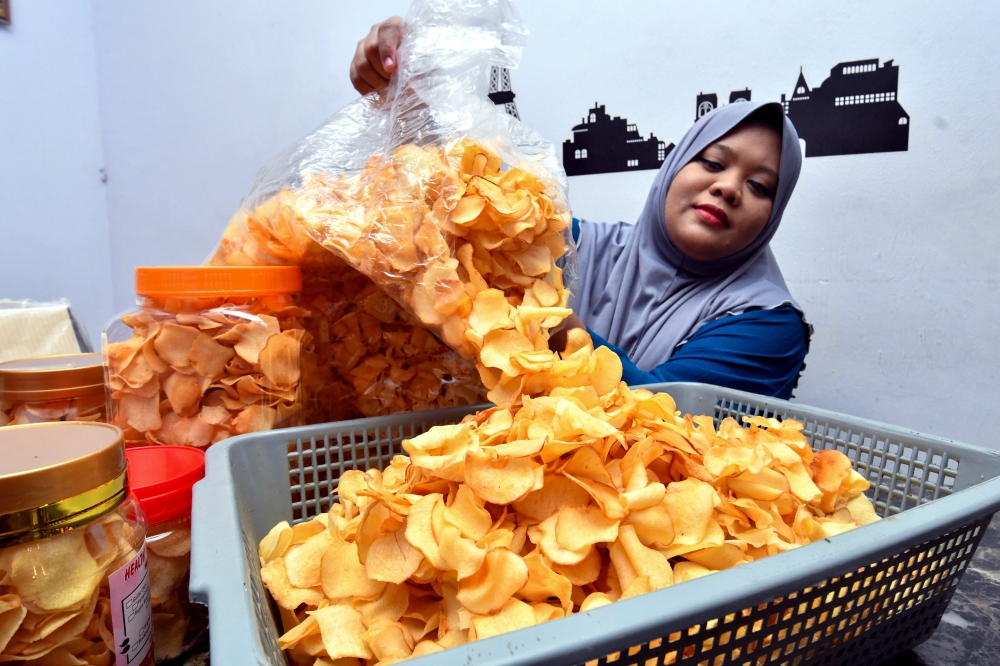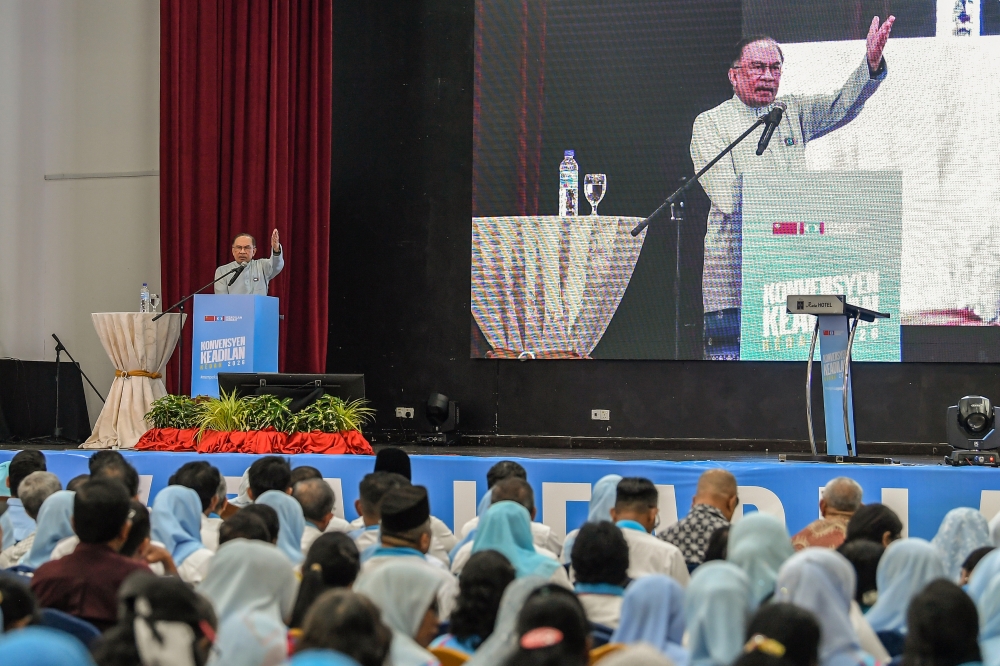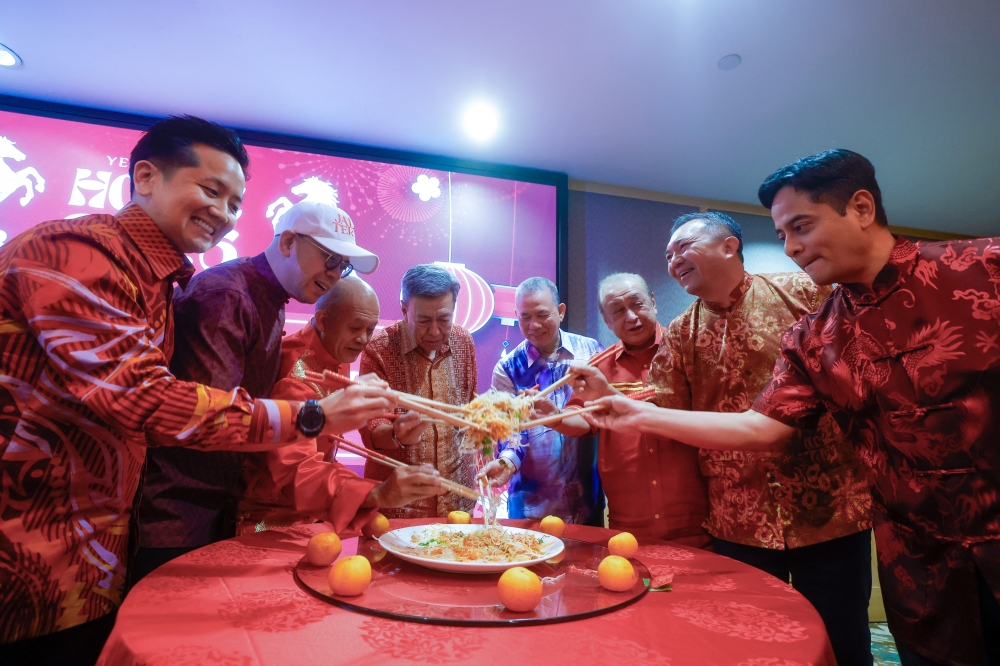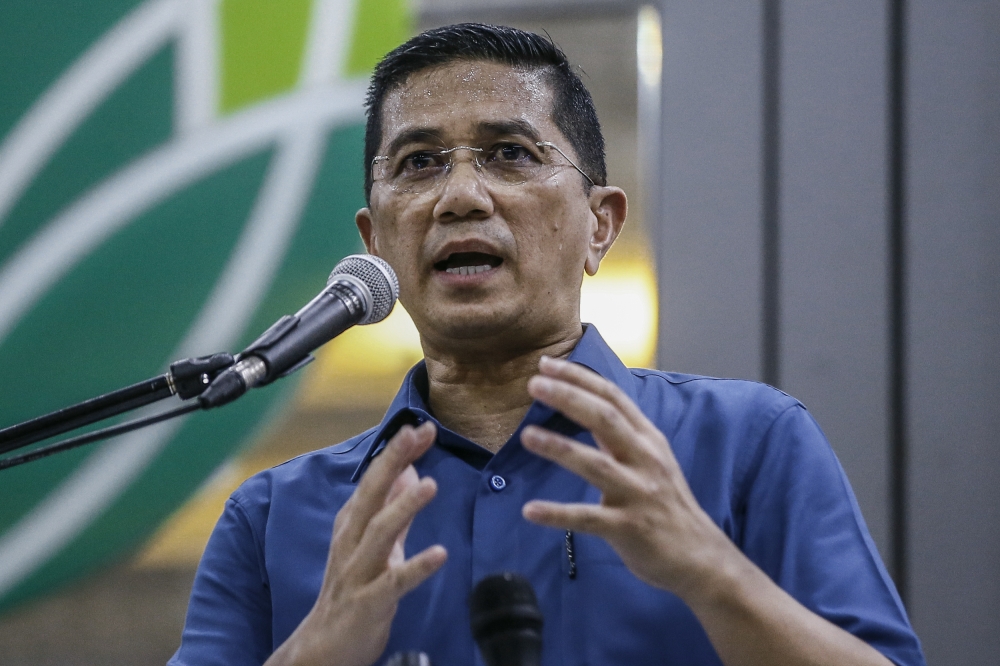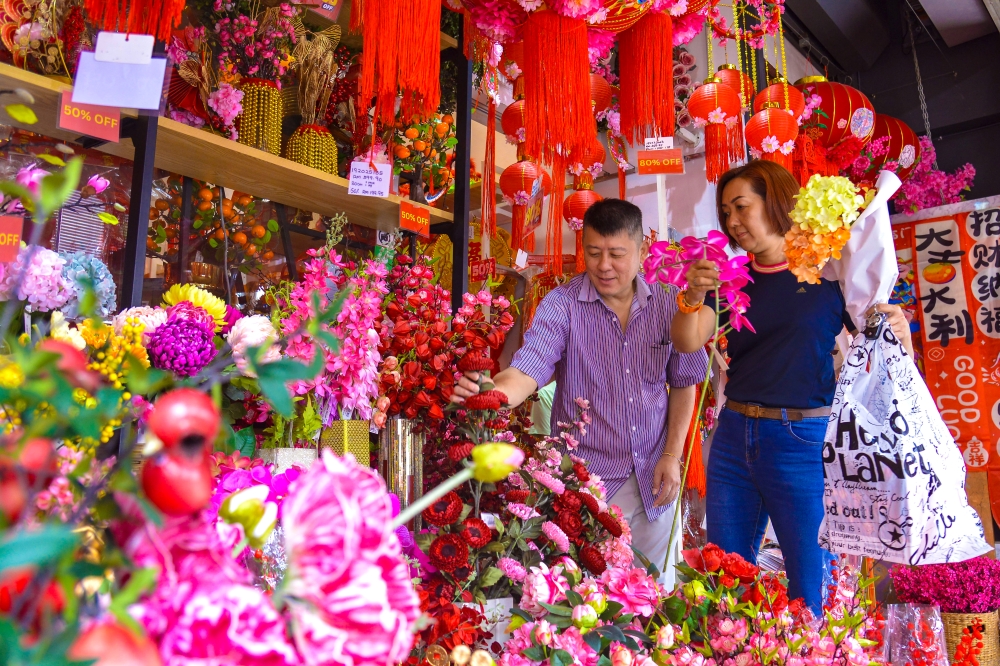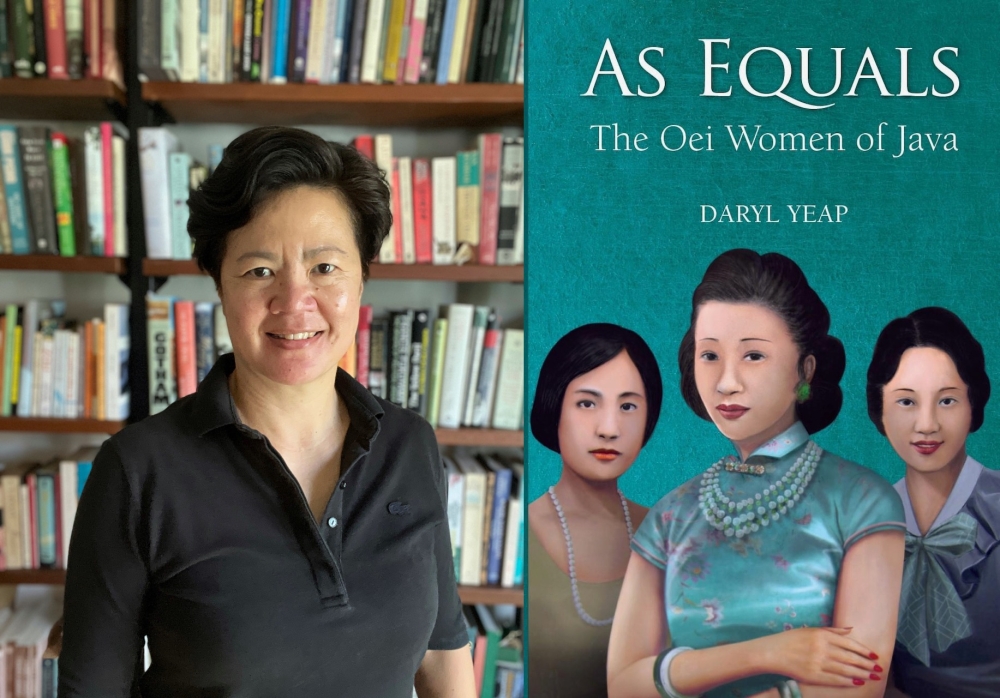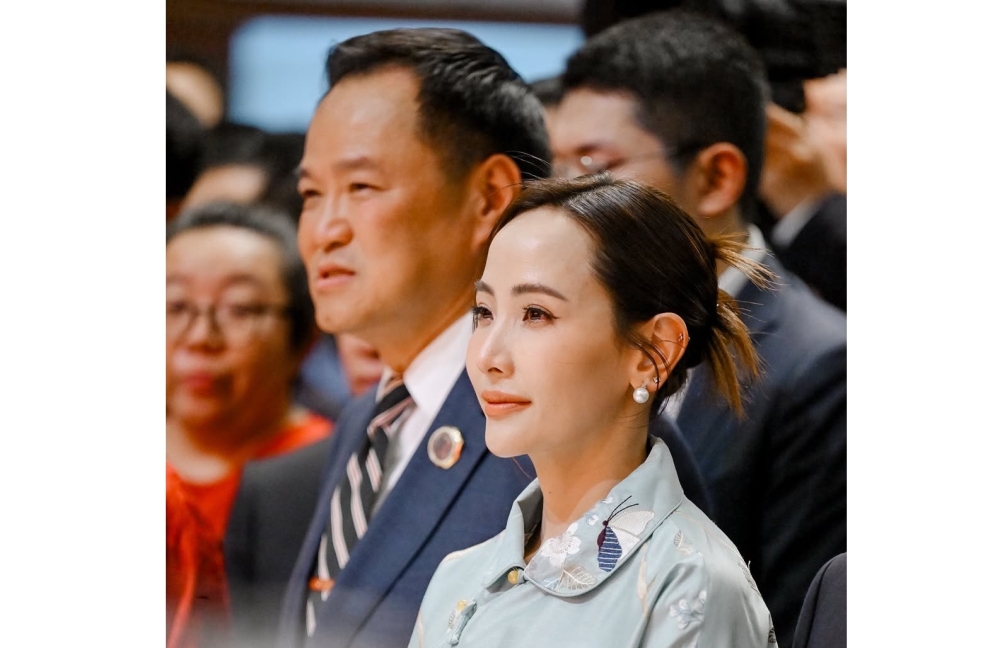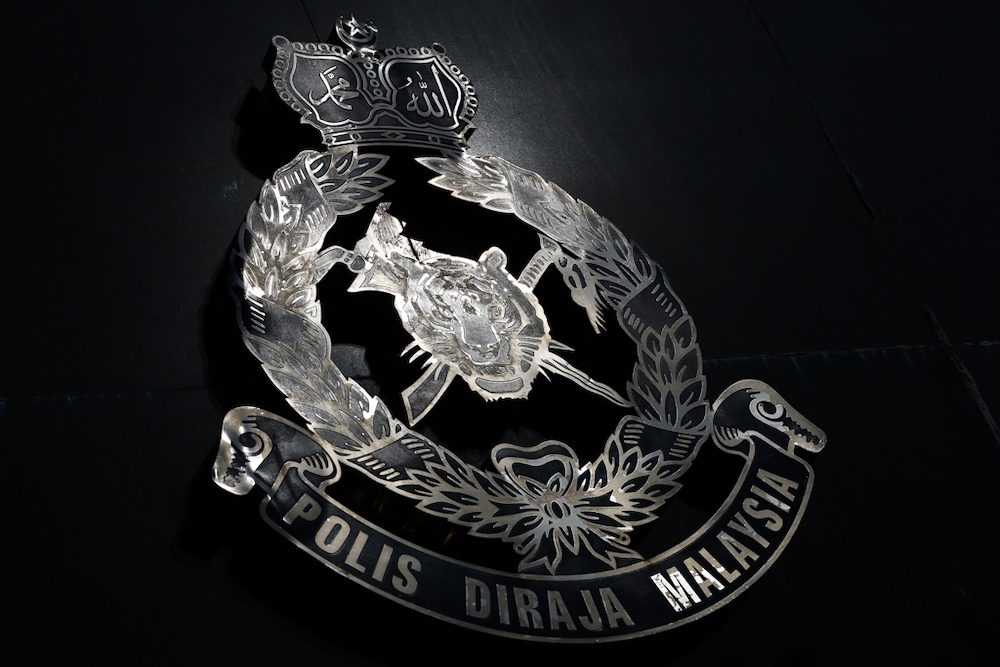KUALA LUMPUR, Feb 6 — She comes from a rich and famous family and she’s written two books on them to rave reviews.
Penangite Daryl Yeap however says she got into writing by chance, starting her career as a financial analyst.
“In 2006, when our family home was entrusted to an education foundation, I felt compelled to find out more about my family history, and so I embarked on a decade-long journey of research and fact finding.”
That journey led to her first book about her great-grandfather Yeap Chor Ee, the legendary ‘Grand Old Man of Penang’ who started Penang’s first local bank Ban Hin Lee in 1918.
Published in 2019, The King’s Chinese: From Barber to Banker, the story of Yeap Chor Ee and the Straits Chinese, was the rags to riches story of businessman and philanthropist Yeap Chor Ee and the early Chinese migrants of late 19th century who joined the exodus with him.
Her recently released second book, As Equals: The Oei Women of Java, is about the lives of three Chinese women, Hui-lan, Ida and Lucy who are from the powerful Oei Tiong Ham family of Dutch-occupied Java.
Oei Tiong Ham, known as the Sugar King of Asia, was the richest man in Asia in the early 20th century.
Epic and fast-paced, the fascinating biography of the three exceptionally modern Chinese women is set in the late 19th century, takes you from in the Dutch East Indies and Southeast Asia, to belle epoque Europe, to nationalist China during the warlord period and all the way to 20th century America.
Born at a time when women were considered the subordinates of men, the three women broke free from cultural stereotypes, defied societal norms and challenged conventional ideas of what a woman ought to be.
All had a highly unusual upbringing, particularly Hui-Lan, the second daughter from Oei’s first wife.
Hui-Lan married an Englishman at the height of the eugenics movement, did many spectacular things unheard of, of a young woman, including performing French opera on stage to an English audience, played hostess with her father to European royalty and flew a plane well before Amelia Earhart.
But her biggest achievement would have been to help change Western perception of China and Asia, together with her second husband, Wellington Koo, China’s most celebrated diplomat of modern times.
Lucy Ho, the second protagonist, was Oei’s seventh wife. After his death in 1924, she became one of the executors of his estate and controlled half of the richest estate in Asia at the age of 23.
The third central character is Ida, daughter from Oei’s fifth wife, one of the youngest to inherit from her father’s vast estate.
The epitome of the free-spirited modern girl, Ida got married at a young age and challenged conventions when she took an Englishman as a lover after divorcing her husband.
Yeap was inspired to write about the strong and independent Oei women while working on The King’s Chinese, after realising how little was known of the women in the lives of these men.
“It was very difficult to find information about individual women from primary sources such as newspapers, legal documents and commercial transactions as women in the past have always been overlooked because of their passive and ordinary positions in society,” said Yeap, adding that she began writing in the lockdown months, figuring out common threads to link the stories of the women together.
Another reason may have to do with the laws back then as under common law, a woman, once married, is stripped of her legal rights.
She would have to give up control of her property, her income and everything she owned to the husband. This legal doctrine was known as coverture, where married women did not have the legal capacity to hold their own property or contract on their own behalf.
“Because we know so little of women from that era, I was curious and drawn to the idea of writing about them,” said Yeap.
“I wanted to see how much women participated in history.”
It just so happened that as she was about to finish writing her first book, she had the good fortune to meet Mrs Lovy Tanner, the last surviving daughter of Oei Tiong Ham.
“My family has a connection with the Oei family through business and marriage,” said Yeap.
“One thing led to another and As Equals: The Oei Women of Java came about.”
Soon after the book was published, she was invited by the Weatherhead East Asian Institute at Columbia University in New York City to present her book, where it was described as The Leo Tolstoy’s War and Peace for Straits Chinese.
Yeap, the daughter of Stephen and Irene Yeap, has five siblings and grew up reading The Adventures of Tin Tin, Dandy comic books and a whole lot of Enid Blyton.
Next project? “I have a few topics on my mind but they are still work-in-progress. Nothing concrete yet.”
For more information, click here.






